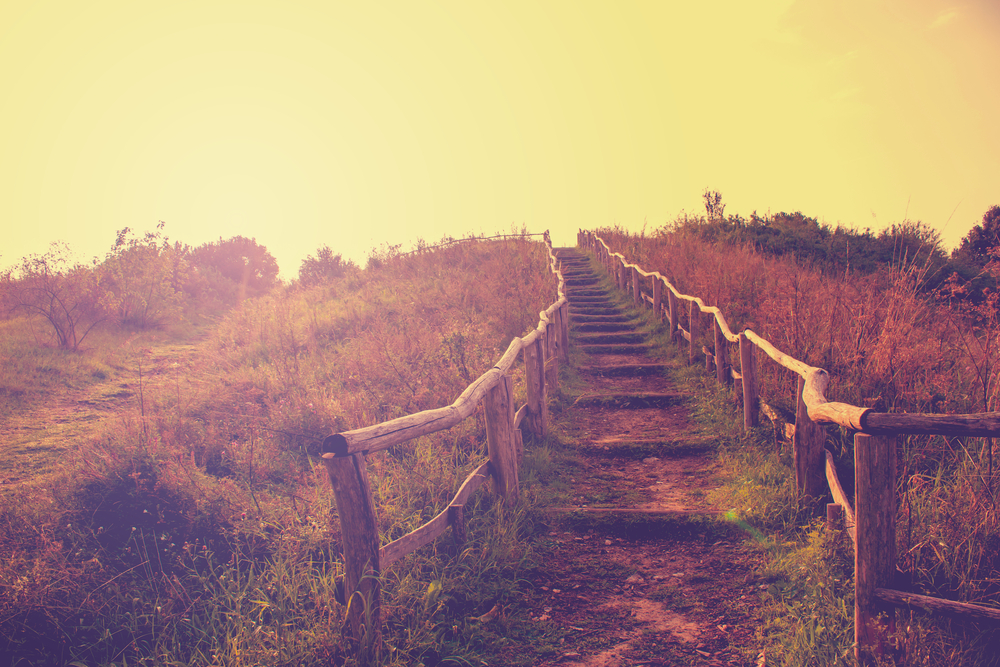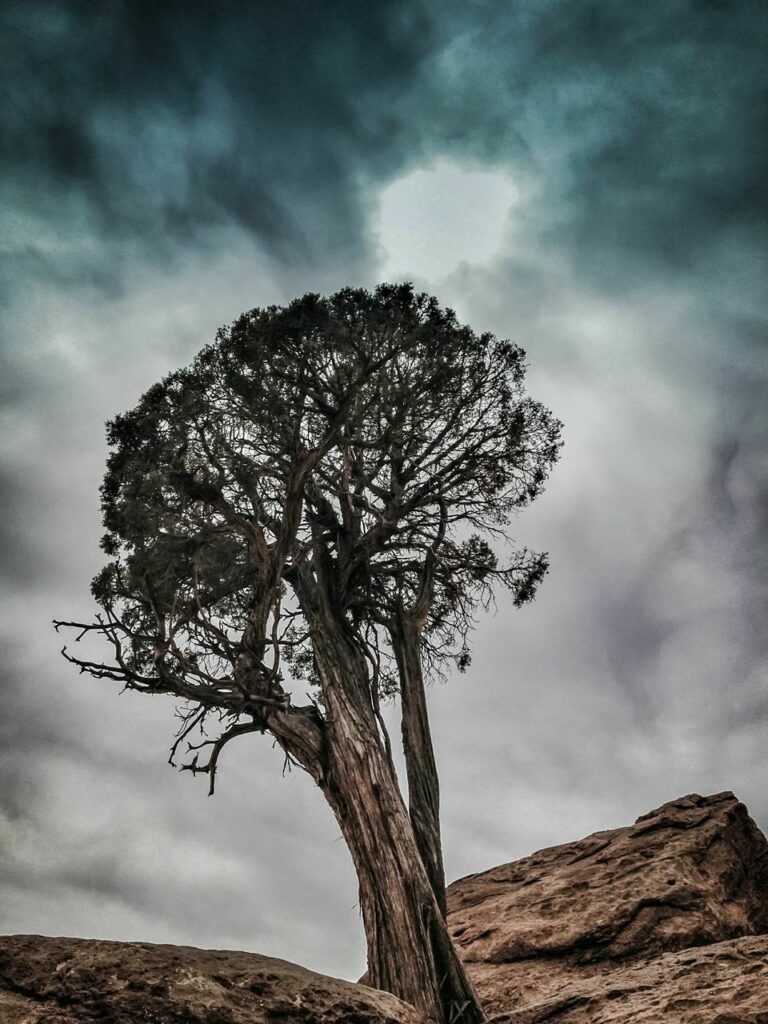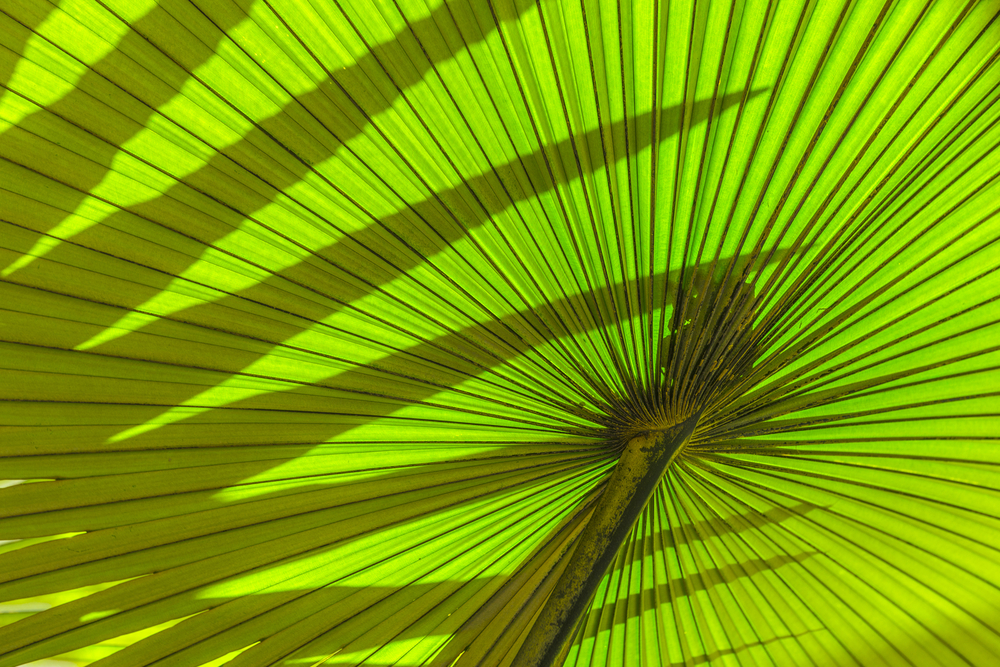If you understand—things are just as they are. If you do not understand—things are just as they are. —Zen saying
From the universal perspective, all things that are born eventually die. Death comes to our best friends and family members, sometimes even to young children. When we grieve, we join in the universal grieving for all those who have died. This is not a tragedy; it is wisdom. From the universal perspective, life is all the more precious and beautiful because it is so fleeting.
Death is natural. Many people are sick and some will die this year. Some will live years longer and then die. This is our human lot. Because modern culture fosters an intense identification with the outer appearance of the body, going beyond it is not easy. We devote enormous amounts of time to how we look, to dressing, adorning, and strengthening the body. Yet no matter how we cling, as we age the body betrays us. If we limit ourselves to the fulfillment of bodily desires and believe that the body is who we are, when we face aging, sickness, difficulties, and death we will be lost and frightened.
My teacher Ajahn Chah explains, “We only rent this house. If it belonged to us, we could tell it not to get sick, not to grow old. But it takes no notice of these wishes. With wisdom, if you live, that’s good. And when you have to die, that’s fine too. If the doctors told me I had cancer and was going to die in a few months, I’d remind the doctors, ‘Watch out, because death is coming to get you too. It’s just a question of who goes first.’ ”
In the West, we resist reflecting on aging and death because dying is held as failure and it frightens us. In the Buddhist approach, we deliberately turn to face death so that it can bring wisdom, perspective, and a motivation to live each day fully and well.
For many of us there may be a strong fear of dying. What is this fear of death about? When we don’t clearly understand the nature of our mind and body, this fear and resistance to looking at decay and death may be very strong. We think that this mind-body is something solid and secure, that it is the person who we are. Naturally, when we have this viewpoint, the possibility of the death can be frightening; it feels like a betrayal of our innermost beliefs about who we are and who is in control.
But as we open to the nature of our mind-body, we see that it is literally—not metaphorically—being born and dying in every moment. Our breath, our heartbeats, our thoughts all arise as pulsing waves. We see that there is nothing solid, nothing static, nothing steady that goes from one year to the next, one month to the next, one moment to the next. The mind-body is a flux of constant creation and dissolution. There is no possibility of holding on, although sometimes we try very hard to do so. When we experience this process of change in a very immediate and intimate way, we realize that who we are is the ever-changing waves, and the fear of death begins to dissolve because we see that there never has been anything solid or permanent. We no longer consider death some kind of failure, apart from the natural order of things. We can be more at peace.





